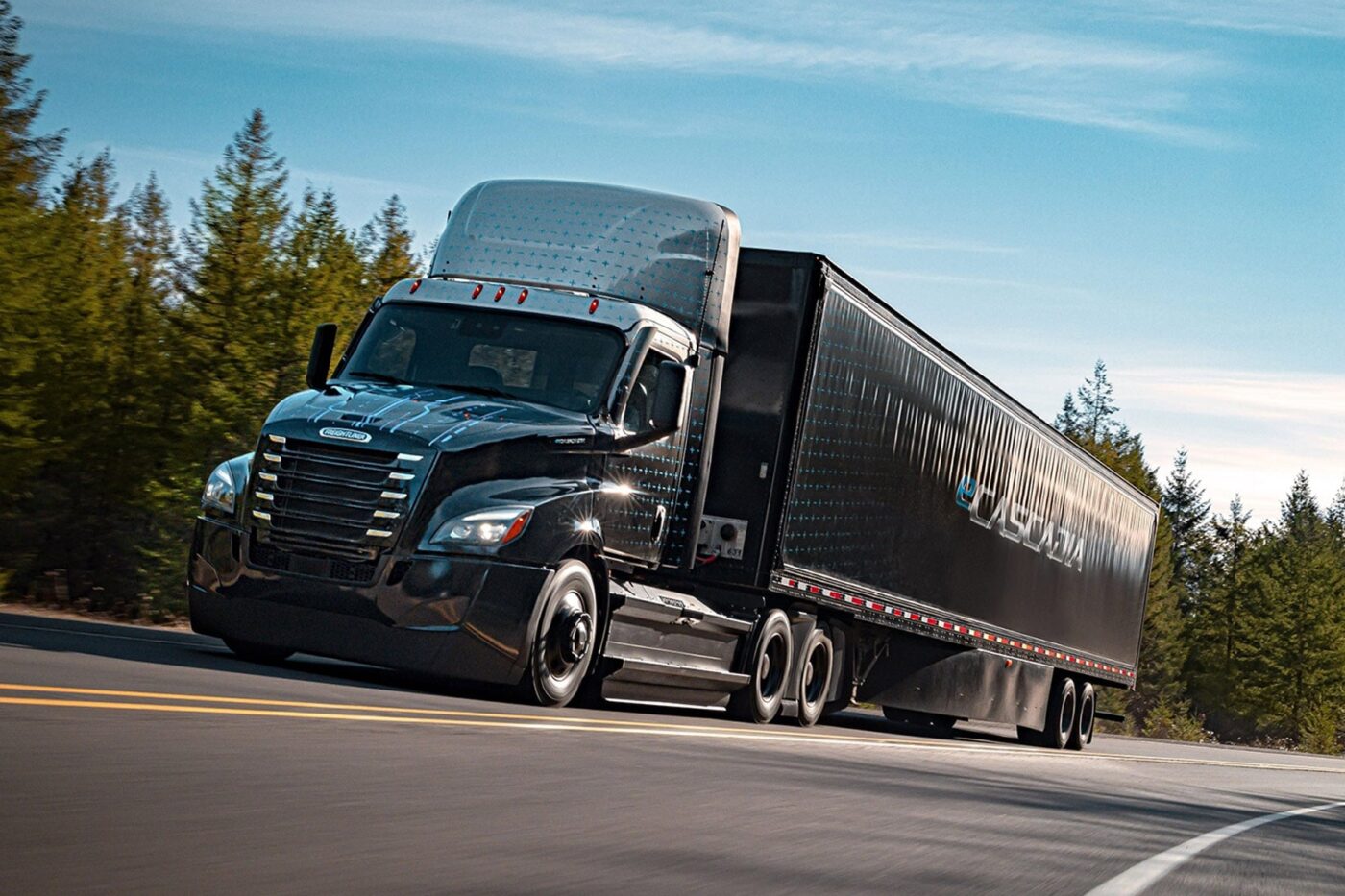A breakthrough has emerged in the final vote on new CO2 standards for lorries and buses in the European Union, with Germany consenting to the provisional agreement in exchange for a commitment from the Commission to revisit the regulation with a focus on e-fuels.
According to the press agency dpa, the agreed-upon measures include a reduction of CO2 fleet emissions from trucks over 7.5 tonnes and coaches by 45% from 2030, 65% from 2035, and 90% from 2040. These targets align with the Commission’s initial proposals. Additionally, city buses are slated for a 100% reduction in CO2 fleet emissions by 2035, with an interim target of 90% by 2030.
Despite a previous provisional agreement reached by the Council and Parliament in mid-January, recent developments indicated potential disruption from Germany’s smallest governing party, the FDP. Unexpectedly, the FDP vetoed the planned CO2 emissions limit for trucks and buses, which threatened Germany’s participation in the final vote.
However, a mediation proposal from the German government, reportedly accepted by the EU Commission, paved the way for the approval of commercial vehicle limits. This proposal includes provisions for e-fuels refueling for lorries in the future, addressing concerns raised by the FDP.
As a result, the scheduled vote today is expected to proceed with the agreed-upon measures. Germany, in return, secured a commitment from the Commission to reopen discussions in 2027 regarding the regulation, specifically regarding the approval of lorries exclusively powered by e-fuels.
This negotiation echoes a similar scenario from a year ago concerning fleet limits for cars, where concessions were made for e-fuels following disputes and subsequent compromise with the Commission.
While a complete ban on combustion engines for lorries is now off the table, unlike in other sectors such as city buses and cars, the political consensus at the EU level remains focused on reducing CO2 emissions by 90% compared to 2005. Exceptions to the regulation include vehicles for specific industries and professional use, with a separate examination of extending CO2 targets to smaller vehicles up to five tonnes.
The agreement also addresses the definition of ‘e-trailers’ to acknowledge their potential contribution to CO2 reduction and adapt regulations accordingly to evolving technological advancements.

